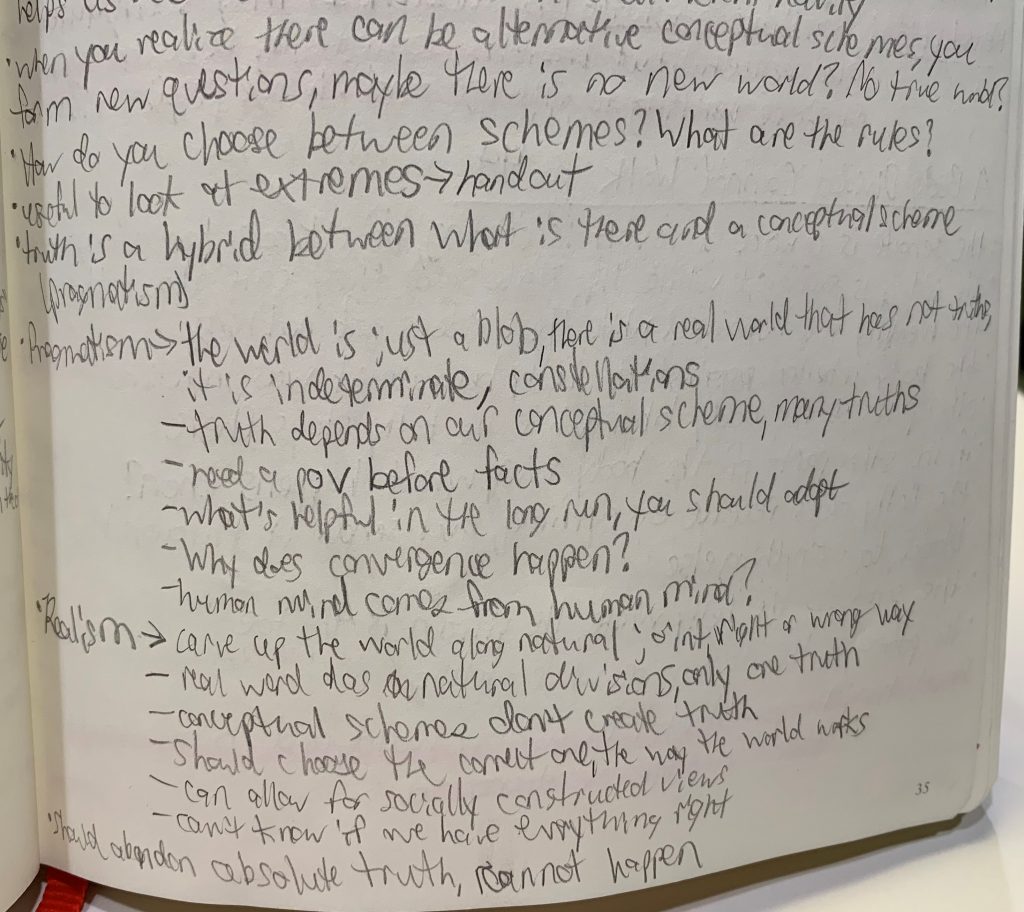Uppercase Humanities is the study of how people see and record the world around them. It contains multiple disciplines from art, music, writing, reading, history, religion, language, philosophy, and many more. Each of these disciplines includes a record of how people see the world around them. They show contradictions among people’s beliefs and how humanity rarely agrees. If you show someone an event, people will remember different aspects and details that may have occurred or not. People perceive the world around them differently and believe in different things depending on what they notice. The Humanities records the different beliefs and condenses them for future generations to see and learn from.
In the opening lecture of Unit 1, President Quillen mentioned how history is chaos and that only certain things survive. Because of that, we only see a fraction of history and how people have recorded things about the world. Many times it is only the victor who stories we hear, and sometimes we are biased by it. Humanities will not always have the complete story of how people have viewed the world because we only see a tiny fraction of human history and stories about the world. In the closing lecture of Unit 2, Dr. Robb described two very different rationales of seeing the world: pragmatism and realism. Pragmatism believes the world does not have a definite structure and truths depend on our conceptual schemes. Realism believes the world has a definite structure and conceptual schemes do not create truths.
Recording the world and humanity is very different to everyone. Some may record the world by what they see while others may take a more metaphorical route. What we have of the past is also biased because we only have a limited amount of information that has survived. Certain events may be interpreted differently depending on who is recording it. The Humanities has many different disciplines within it making a record of how people see the world around them. Like lowercase humanities, it does not have a single answer and is not supposed to. Humans record events and stories differently and many have been lost to time.

